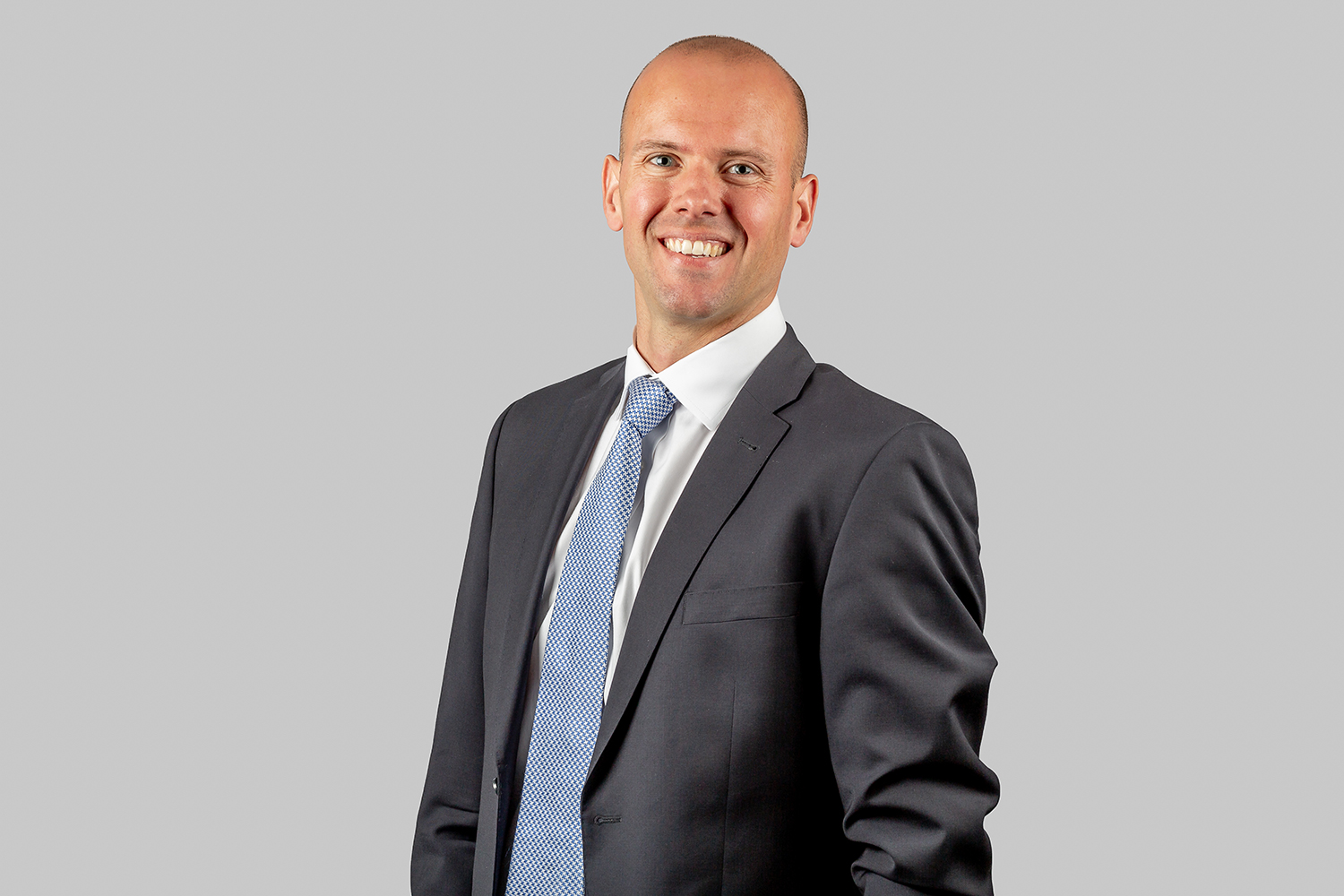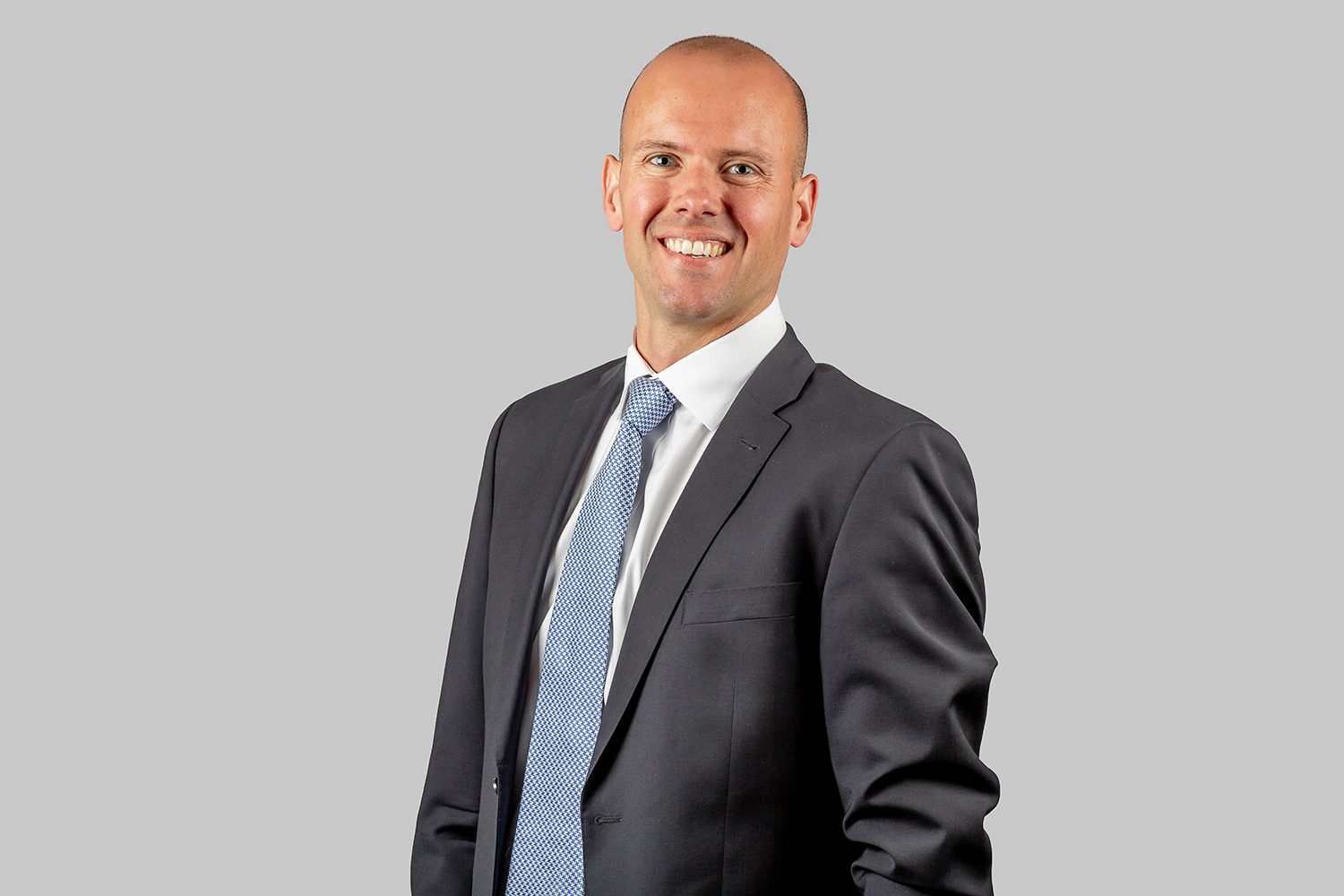
Henry Wickham
Partner | Legal
Jersey

Henry Wickham
Partner
Jersey
Services
We have the expertise to handle the most demanding transactions. Our commercial understanding and experience of working with leading financial institutions, professional advisers and regulatory bodies means we add real value to clients’ businesses.
Sectors
Our sector approach relies on smart collaboration between teams who have a deep understanding of related businesses and industry dynamics. The specific combination of our highly informed experts helps our clients to see around corners.
We have the expertise to handle the most demanding transactions. Our commercial understanding and experience of working with leading financial institutions, professional advisers and regulatory bodies means we add real value to clients’ businesses.
Legal
Corporate and Fiduciary
Consulting
Banking and Finance
Corporate
Dispute Resolution
Employment law
Intellectual Property
Investment Funds
Listing services
Local Legal Services
Our sector approach relies on smart collaboration between teams who have a deep understanding of related businesses and industry dynamics. The specific combination of our highly informed experts helps our clients to see around corners.
Ogier provides practical advice on BVI, Cayman Islands, Guernsey, Irish, Jersey and Luxembourg law through our global network of offices across the Asian, Caribbean and European timezones. Ogier is the only firm to advise on this unique combination of laws.
Keep up to date with industry insights, analysis and reviews. Find out about the work of our expert teams and subscribe to receive our newsletters straight to your inbox.
Fresh thinking, sharper opinion.
We get straight to the point, managing complexity to get to the essentials. Our global network of offices covers every time zone.
About us
Corporate social responsibility (CSR)
Diversity, equity and inclusion
Information security
Innovation
Sustainability
No Content Set
Exception:
Website.Models.ViewModels.Components.General.Banners.BannerComponentVm
Insight
05 May 2022
Jersey
ON THIS PAGE
RELATED
Making a will takes such a small amount of time, yet there is still a high proportion of people who die without leaving a valid will, known as dying 'intestate'. Among them are high profile and very wealthy people such as Prince and bestselling author Stieg Larsson. Dying intestate means that your estate will be dealt with in accordance with Jersey law and distributed according to set rules depending on people's relation to you, which could be quite different to how you would have wanted it to pass. This can lead to issues, as the intestacy rules often do not take into account the intricacies of a modern family.
In Jersey, assets are divided into immovable assets (freehold land and buildings, flying freehold and leases over nine years) and movable assets (money, chattels, shares, share transfer properties). Different rules apply to the succession of each type of asset on intestacy and these are set out in the Wills and Succession (Jersey) Law 1993.
Immovable assets
If a deceased person leaves no children or further descendants but a surviving spouse or civil partner, that spouse or civil partner will inherit the whole of the immovable estate (which includes things like your home if you purchased it by freehold/flying freehold).
Where a person is survived by children (or further descendants) and a surviving spouse/civil partner, each party will receive an equal share of the immovable estate and the spouse/civil partner may also be entitled to have life enjoyment of the matrimonial home (unless the couple were not residing together at the time of death and either the survivor had deserted the deceased party without cause, or they were judicially separated).
Where only children survive, they share in the immovable estate equally.
If there is no surviving spouse/civil partner or surviving children, then the immovable estate passes to closest relatives – but note that Jersey law gives priority to surviving siblings (or failing them, their children) as opposed to surviving parents.
Movable assets
Where a person leaves a surviving spouse/civil partner, and no children or further descendants, the spouse is entitled to all of the movable assets (which covers a range of assets, including your home if you purchased it by share transfer).
If there are both children and a spouse/civil partner surviving, the spouse is entitled to the household effects, the first £30,000 of movable assets, and then one half of the rest of the movable assets. The other half is split equally between the surviving children.
Where only children survive, again, they share equally.
Similar to the immovable assets, if there is no spouse/civil partner or children the movable assets pass to your closest relatives – being siblings (or failing them, their children) who have priority over your surviving parents.
Key points to remember
The intestacy rules do not account for modern family dynamics, including second marriages, stepchildren, co-habitees, estranged family members, and same-sex partners (if you aren't married to them or in a civil partnership), and are largely based on the society norms of old for example
As well as detailing who you want your estate to be left to upon your death, a will can also name the person that you want to act as your executor, it can name a guardian to care for any minor children or pets, outline your funeral wishes and make note of gifts of specific items or sums of money that you want to give to particular people or charities.
Even if your estate is only small, a will can provide certainty for your family at an emotional and difficult time and can reduce any potential fallouts, as it will detail exactly how you wish your estate to be dealt with.
Ogier is a professional services firm with the knowledge and expertise to handle the most demanding and complex transactions and provide expert, efficient and cost-effective services to all our clients. We regularly win awards for the quality of our client service, our work and our people.
This client briefing has been prepared for clients and professional associates of Ogier. The information and expressions of opinion which it contains are not intended to be a comprehensive study or to provide legal advice and should not be treated as a substitute for specific advice concerning individual situations.
Regulatory information can be found under Legal Notice
Sign up to receive updates and newsletters from us.
Sign up
No Content Set
Exception:
Website.Models.ViewModels.Blocks.SiteBlocks.CookiePolicySiteBlockVm
